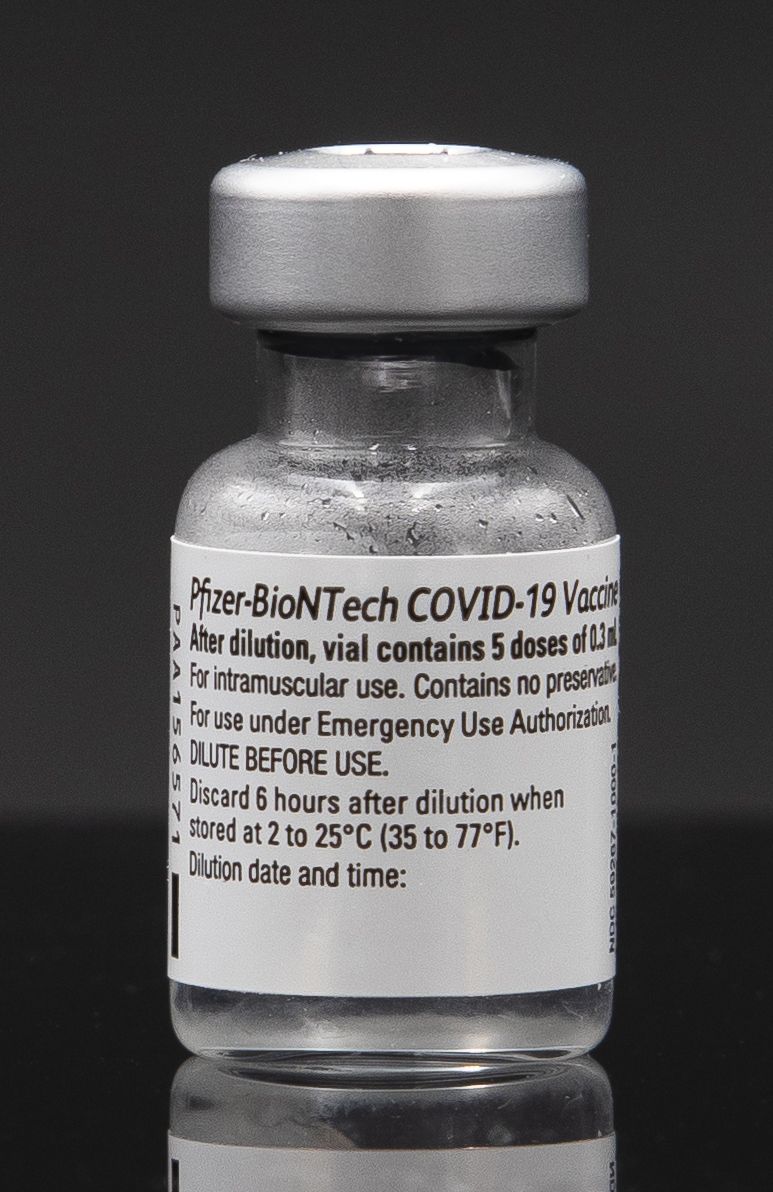Study Links Pfizer COVID-19 Vaccine to Eye Health Concerns

A recent study conducted by a team of researchers in Turkey has raised concerns about potential eye health risks associated with the Pfizer-BioNTech COVID-19 vaccine. Published in the journal *Ophthalmic Epidemiology* on July 18, 2025, the study examined changes in the corneas of 64 vaccinated individuals, revealing that their corneas thickened after receiving both doses of the vaccine. The research measured corneal thickness and endothelial cell density before the first vaccine dose and two months following the second dose.
The findings indicated an increase in corneal thickness from an average of 528 to 542 micrometers, marking a two percent rise. Concurrently, the average number of endothelial cells, crucial for maintaining corneal clarity, decreased from 2,597 to 2,378 cells per square millimeter, representing an eight percent reduction. Endothelial cells are essential for pumping out excess fluid from the cornea; a decrease in their density can lead to conditions such as corneal edema and vision impairment.
Dr. Ahmet Yilmaz, lead researcher and ophthalmologist at Istanbul University, noted the significance of these changes: 'While the immediate effects may not present clear vision problems, the long-term implications could be severe, especially for individuals with pre-existing eye conditions or those who have undergone corneal transplants.' He emphasized the importance of monitoring eye health post-vaccination.
The study also reported an increase in the coefficient of variation of endothelial cell size, which suggests that the health of these cells may be compromised following vaccination. The percentage of cells maintaining their typical hexagonal shape fell from 50 to 48 percent, indicating potential stress on the endothelial layer. Dr. Yilmaz stated, 'If these changes persist over time, they could significantly affect corneal clarity and overall vision.'
Despite these findings, the researchers did not advise against vaccination, urging further longitudinal studies to assess the long-term effects on eye health. This research adds to the growing body of literature examining the side effects of COVID-19 vaccines, including previous links to myocarditis and pericarditis, particularly in younger populations.
As COVID-19 vaccinations continue globally, the findings underscore the need for ongoing research into vaccine safety and monitoring of potential side effects. Regulatory authorities, including the U.S. Food and Drug Administration (FDA), have been proactive in updating vaccine safety information and warning labels, particularly regarding the risks of heart conditions associated with the vaccines. They maintain that the benefits of vaccination outweigh the risks, particularly for individuals at high risk of severe COVID-19 illness.
In conclusion, as researchers investigate the implications of these findings, it is crucial for healthcare providers to remain vigilant about potential post-vaccination complications. Enhanced screening and monitoring protocols could help mitigate risks and ensure patient safety in the ongoing fight against COVID-19.
Advertisement
Tags
Advertisement





